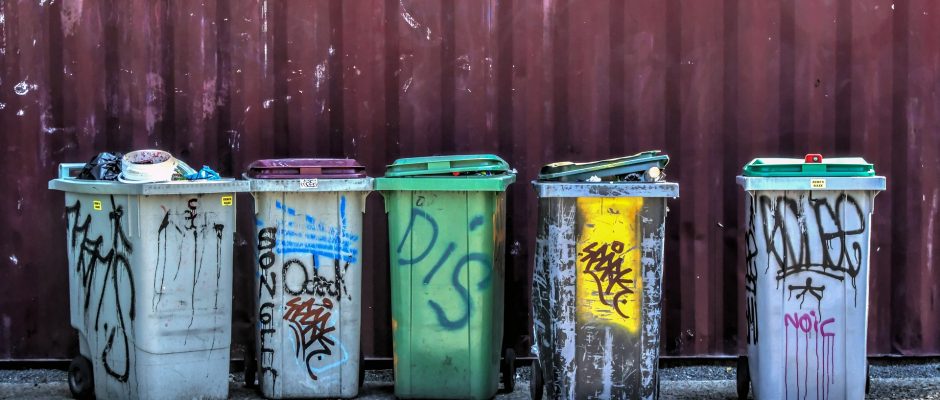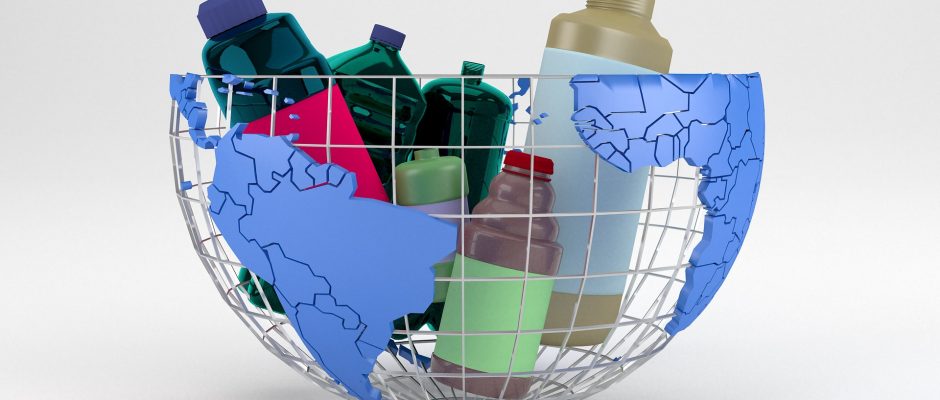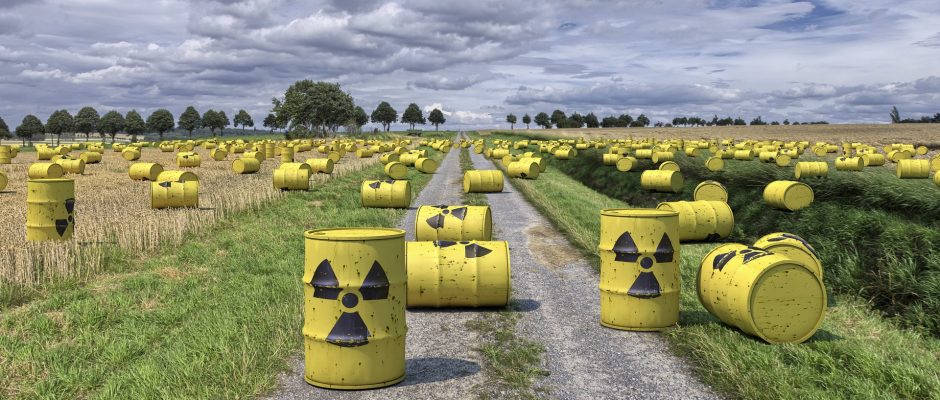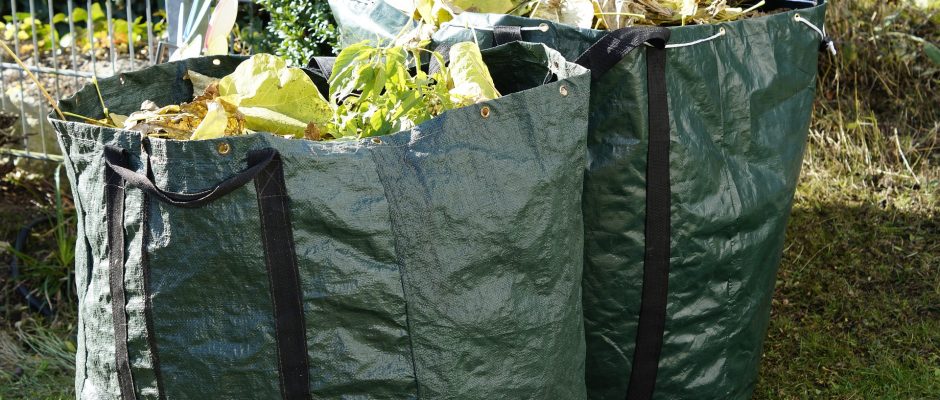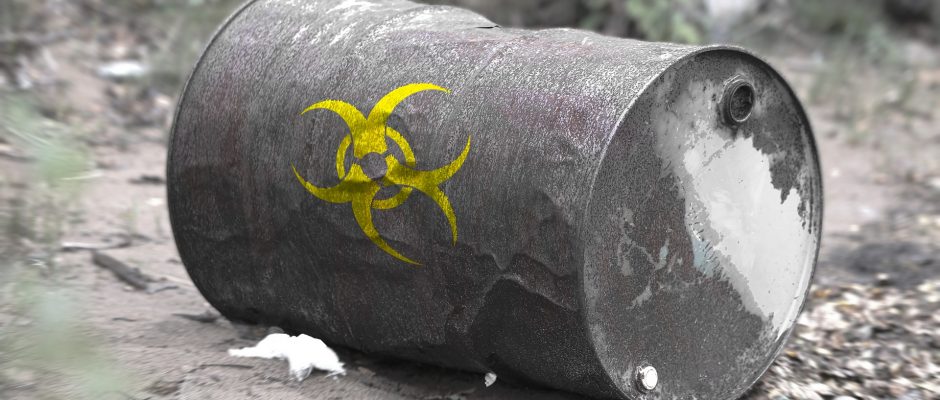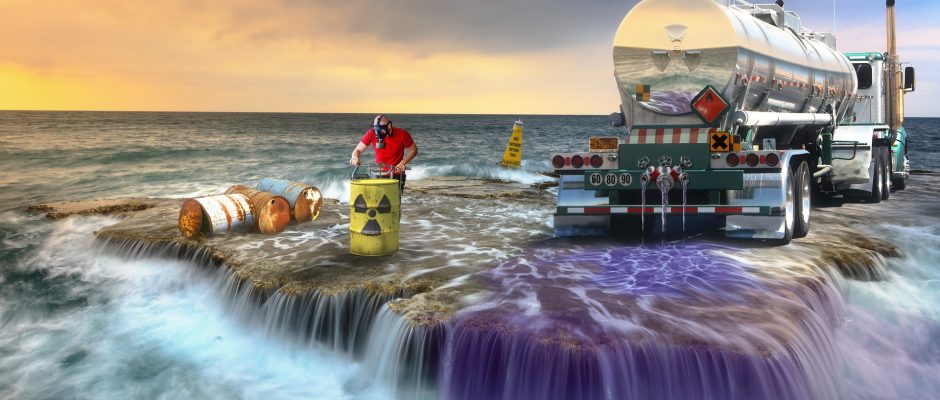EPA’s hazardous waste manifest system is designed to track hazardous waste from the time it leaves the generator facility where it was produced, until it reaches the off-site waste management facility that will store, treat or dispose of the hazardous waste. On this page: Uniform Hazardous Waste Manifest The key component of this tracking system is the Uniform Hazardous Waste Manifest, a form required by EPA and the Department of Transportation for all generators who transport, or offer for transport, …
Tag: Hazardous
EPA regulates household, industrial, and manufacturing solid and hazardous wastes under the Resource Conservation and Recovery Act (RCRA). RCRA’s goals are to protect us from the hazards of waste disposal; conserve energy and natural resources by recycling and recovery; reduce or eliminate waste; and clean up waste that which may have spilled, leaked or been improperly disposed of. On this page: Hazardous Waste The Hazardous Waste Program, under RCRA Subtitle C, establishes a system for controlling hazardous waste from the …
Hazardous waste is waste that is dangerous or potentially harmful to our health or the environment. Hazardous wastes can be liquids, solids, gases or sludges. Hazardous waste should not be dumped into a landfill like other waste. It needs to be disposed of responsibly to prevent hazards to human and environmental health. Proper Disposal of Hazardous Waste: Why It Matters Hazardous waste disposal problems may arise when materials that can cause illnesses or pollute the environment are not handled properly. …
Most wastes generated in the laboratories and shops located on campus are prohibited from disposal in the regular trash or down the drain. Many of these wastes are regulated under the federal Resource Conservation and Recovery Act (RCRA). The term hazardous waste is defined under RCRA as solids, liquids, and gases that exhibit certain characteristics or are specifically listed in the rules. Hazardous waste is regulated under a “cradle to grave” concept, meaning that the waste is tracked via written …
Nuclear has long been considered a great way to generate the power that lights and heats our homes. It can generate electricity without greenhouse gas emissions. However, after a few terrible disasters in Nuclear power plants around the world, people have become more and more aware that, when not treated carefully, nuclear power poses rather a significant threat to our way of life. There also have been safety and health concerns involved in storing nuclear (radioactive) waste. Luckily, though, in …
Why can’t radioactive waste be sent in space? In short, its unfeasible, unpractical, dangerous and extremely expensive. Its estimated that the cost of launching material on a space shuttle costs ($22, 000/kg). This is because of the immense thrust required, and we have not yet perfected our rocket fuel. If the project is even executed, it would cost no less than millions of dollars to launch a shuttle carrying a significant proportion of waste. Is this really the right way …
.ROSATOM is the only company in the world to offer integrated solutions across the nuclear supply chain, including the design, build and operation of nuclear power stations, the supply of nuclear fuel, decommissioning, and safe nuclear waste disposal.Contract notice: Sup nuclear waste disposal programs.He has monitored a nuclear waste disposal site, helped design another and worked on cleanup efforts.The Sierra Club, which has also opposed nuclear waste disposal in Texas, voiced concerns similar to Burnam’s in public comments to the …
Until the mid-1970’s, U.S. utilities planned that used fuel from nuclear plants would be kept on-site for a few months, and then be shipped to a reprocessing plant to recover plutonium and uranium. Consequently, plant specifications had limited spent-fuel storage capacity. Up until 1982, the federal government intended to receive spent fuel for disposal at a specified date. The date has continuously been postponed. The Nuclear Waste Policy Act of 1982 determined that the Department of Energy would accept the …

